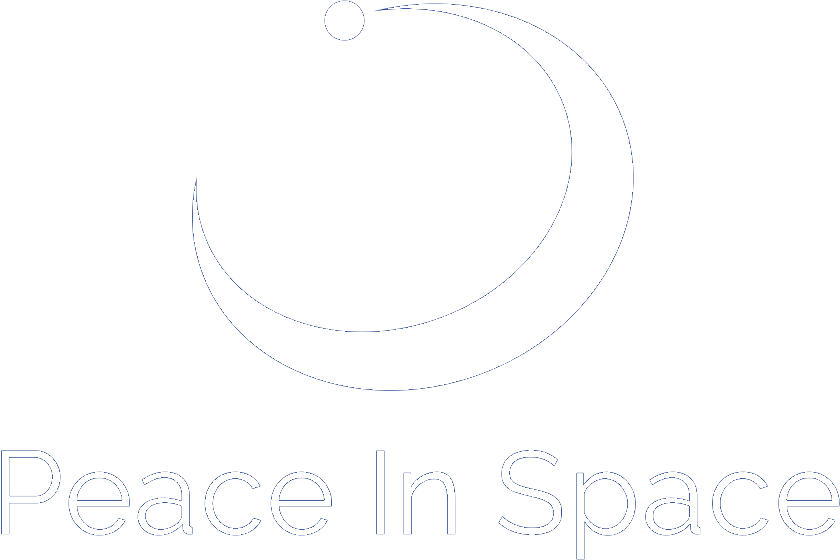US Space Force Chief of Space Operations General Raymond advocates dialogue with Russia on military space
An independent Space Force has allowed for a professional
dialogue with Russia and China, says General Raymond

WASHINGTON, DC February 4 / TASS /. The Commander of the U.S. Space Force, Air Force General John Raymond, advocates a professional dialogue with Russia and China on military activities in near-Earth space, as he reported while answering questions from a TASS reporter on Wednesday at an online briefing for journalists.
The U.S. Space Force was officially established on December 20, 2019. It became the sixth branch of the U.S. Armed Forces and the first to be created after the formation of their modern structure in 1947.
“Raising our status, turning the Space Force into an independent branch of the [U.S.] armed forces, strengthening our voice, discussing in a public format that Russia has put [in the recent past] into orbit next to one of our satellites, has allowed, for the first time in a long time, that we will hold negotiations with the Russians. I think that these were good negotiations,” the military leader said.
According to his information, we are talking about a “Russian satellite that maneuvered near” the American apparatus. It was a “weapon system designed to kinetically destroy U.S, satellites in low Earth orbit,” Raymond argued.
At the same time, he found it difficult to clarify whether military space would become one of the spheres of regular negotiations between Russia and the United States in the field of strategic stability. But he confirmed that he personally would like to see such discussions continue. Representatives of the new American administration, headed by President Joe Biden, have signaled in recent days the desire to expand the bilateral dialogue on strategic stability.
“I don’t want to characterize this as if I spoke on this topic with the [U.S.] administration, but I really think I would like to see further discussions with both Russia and China on the norms of behavior in space,” he stressed.
However, he avoided a direct answer to the twice-asked question to clarify whether he himself supports the idea of developing some kind of international mechanism or treaty aimed at the non-deployment of weapons in outer space. “According to the norms of safe, professional behavior, I would like to see others follow these rules, as we and our close partners do,” said the general.
According to him, by Spring, the armed forces entrusted to him will number 6,400 military personnel and about 10,000 civilians. It is assumed that the Space Forces will consist of approximately 16,000 military personnel from the Air Force and Navy. Washington has repeatedly noted that the United States should view space as a potential theater of military operations.
As Russian President Vladimir Putin said earlier, such a U.S. position requires increased attention to strengthening the domestic satellite orbital constellation, as well as the rocket and space industry as a whole. Putin pointed out that Russia opposed and is opposed to the militarization of space.
https://www.airforcemag.com/us-looks-to-compete-and-collaborate-in-space/
General Raymond says, “There’s a long history, even in the height of the Cold War, there was great collaboration….There’s always been strong collaboration with Russia and NASA. I think that’s a benefit for our nation and I think it’s something that should continue,” Space Force Chief of Space Operations Gen. John W. “Jay” Raymond said Sept. 22 during an AFA Mitchell Institute for Aerospace Studies event. “Whenever countries disagree, there’s always been agreement on partnership on the civil use of space.”
“NASA and the Space Force can work together to create new norms in space…”
https://www.airforcemag.com/space-force-increasing-international-outreach-as-the-service-grows/ The creation of the Space Force and the addition of Chief of Space Operations Gen. John W. “Jay” Raymond to the Joint Chiefs of Staff has made the domain a key focus in the development of military policy and operational discussions. Previously, the Joint Staff didn’t have a member solely focused on the domain, so space capabilities could fall through the cracks.






